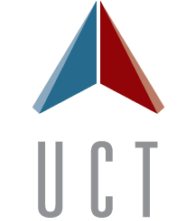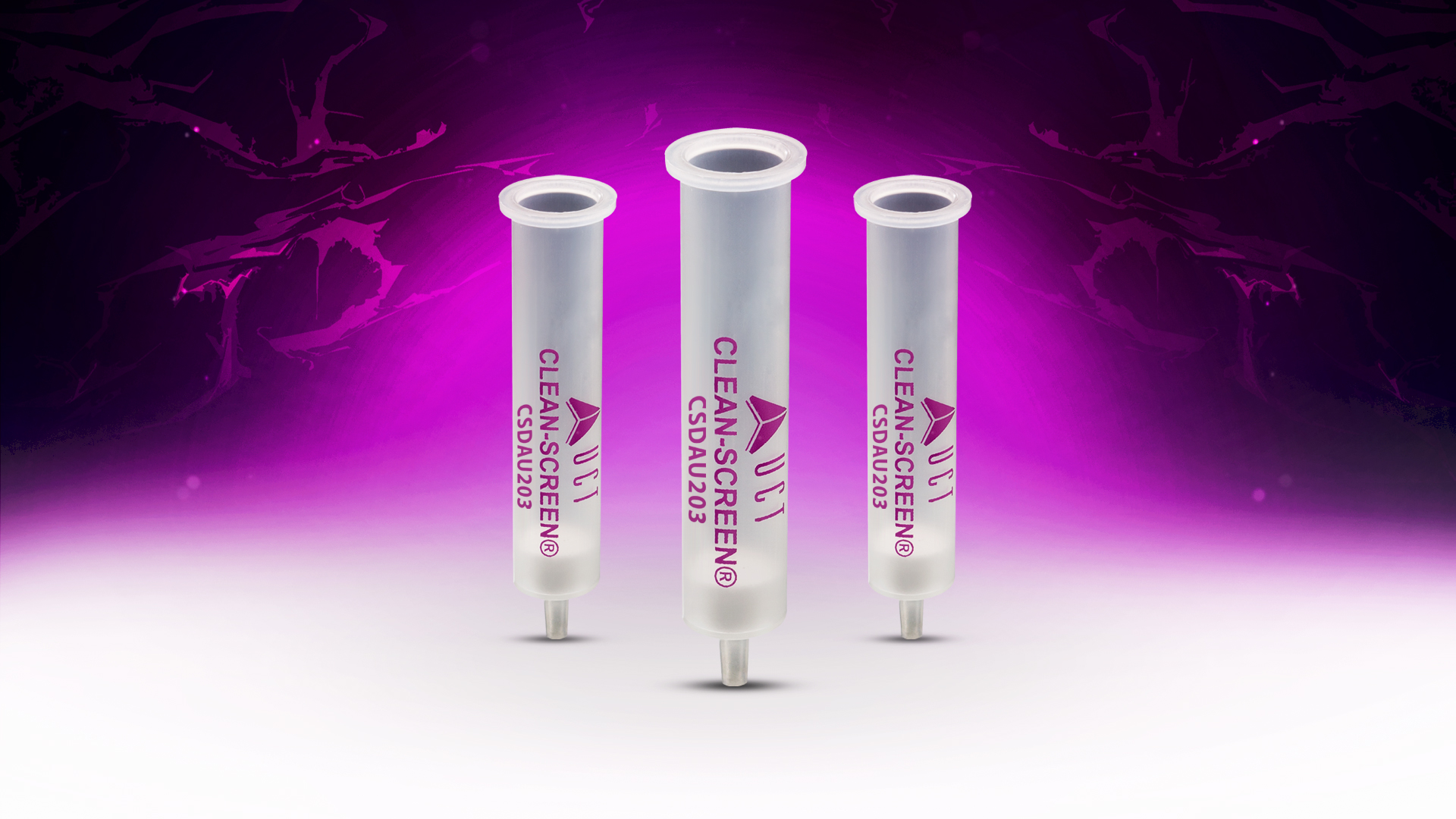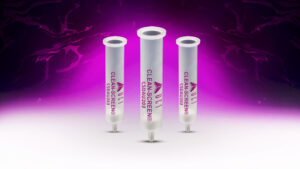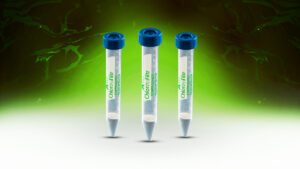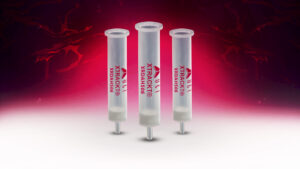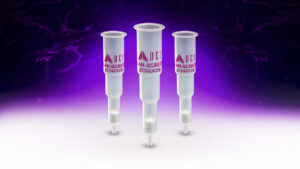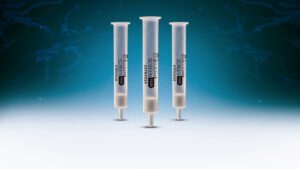UCT Flagship Sorbent Clean Screen® DAU Cited in Opioids Study
Within the area of critical care pharmacology and toxicology, the single most common cause of withdrawal or restriction in the use of drugs that have already been marketed is prolongation of cardiac repolarization (the process by which the membrane potential of the cardiac muscle cell is restored to the cell’s resting potential). This prolonged cardiac repolarization (objectively measured as QT-interval prolongation on standard electrocardiogram, indicating the time elapsed between ventricular contraction and posterior relaxation) facilitates the development of polymorphic ventricular tachycardia, or torsade de pointes, which can be fatal. Thus, in the United States, the Food and Drug Administration (FDA) Advisory Panel has recommended that pharmaceutical manufacturers institute a mandatory training for opioid prescribing called the Risk Evaluation and Mitigation Strategy.
In a recent paper authored by Nicolás Fernández et al., published in Rapid Communications in Mass Spectrometry (DOI: 10.1002/rcm.7933), the researchers describe a new method in which UCT’s flagship sorbent, Clean Screen® DAU (CSDAU303), was used for the simultaneous quantification of Meperidine, its main metabolite Normeperidine,Tramadol, Propoxyphene, and its main metabolite Norpropoxyphene in plasma samples. This procedure involves base-catalyzed rearrangement of norpropoxyphene to norpropoxyphene amide using gas chromatography-mass spectrometry (GC-MS). The authors report a low limit of quantification and excellent precision in the analysis of authentic samples using only 500 µL of plasma sample without prior derivatization. This validated methodology is very useful in therapeutic drug monitoring and in forensic toxicology laboratories for assessing opiate abuse history and acute intoxication.
Furthermore, this method enabled the analysts to correlate the plasma concentrations of opioids analgesics and their metabolites with a change of QT interval in an electrocardiogram performed at the moment of sample collection. This correlation was used to establish a more correct estimation of the risk / benefit balance of therapeutic doses of opioids. When researchers working in the area of critical care toxicology require the finest of sorbents to give world class results, they turn to UCT as their first choice. For more information regarding Clean Screen® sorbents visit https://sampleprep.unitedchem.com/products/spe/clinical-forensic.
